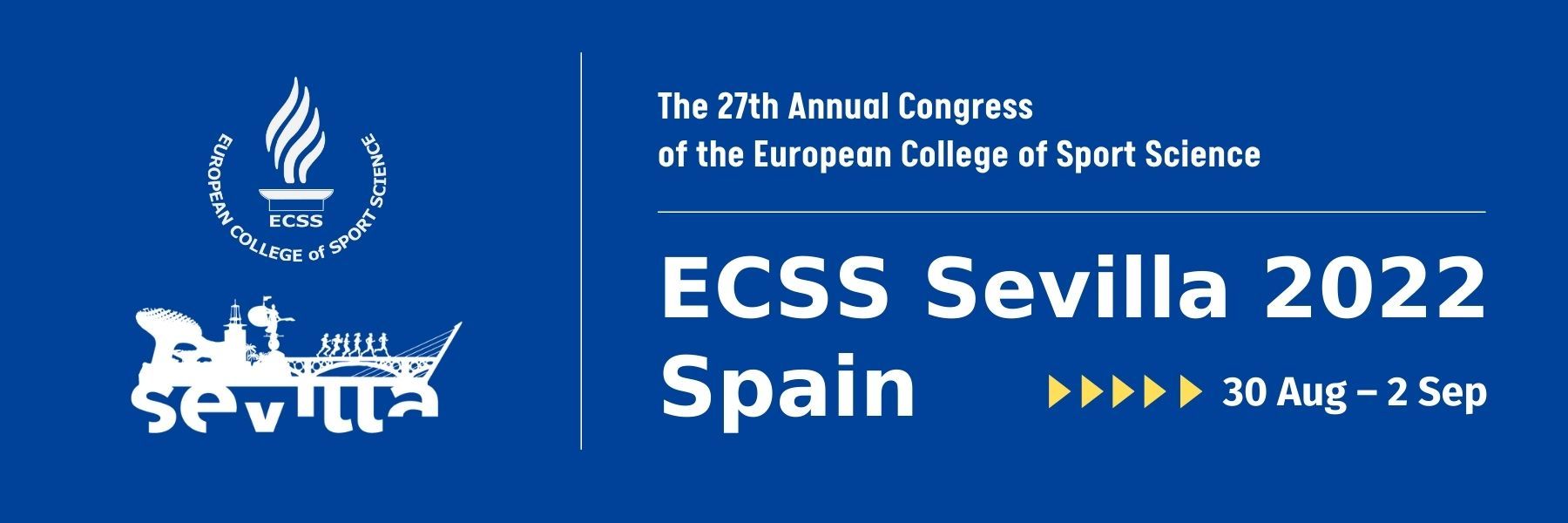

ECSS Paris 2023: CP-SH03
Dancers’ psychological skills: Navigating systemic, extreme challenges to achieve holistic professional success Sanchez, E.N., Collins, D. Introduction What psychological skills and characteristics support dancers to be successful in their careers? Limited research has explored the dance talent development (DTD) context and the contextually relevant psychological skills required to achieve professional success. Methods 18 purposefully sampled student, professional, and retired dancers in ballet, contemporary, hip hop, musical theatre, and commercial genres, aged 18-48 participated in exploratory semi-structured interviews investigating definitions of success, characteristics that enabled success, and experiences during training and dance careers. Results Dancers’ definitions of success were holistic, subjective, individualised, and dynamic. Dancers described success as a joint experience of dance achievement and personal wellbeing which differed between dancers and across genre of dance. Experiences, career stage, and age influenced recognition of success. Dancers believed that personal characteristics such as resilience, extreme commitment, focus, confidence, and social skills were important to their ability to experience success. These were instilled through their experiences in dance training as well as outside of dance, particularly with family. Dance training was described as inherently, extremely challenging, with some challenges being beneficial, enjoyable, and necessary, and others being detrimental, meaningless, or abusive. Dancers agreed that navigating challenges required specific support. Discussion Dancers’ preparation for professional careers relies on instilling skills that will enable success. Dancers defined success incorporating both objective career milestones and subjective physical and mental wellbeing with eudemonic and hedonic components; a dual goal not often recognised by training institutions and gatekeepers or by literature in sport. Our data provide a preliminary suggestion that the DTD environment simultaneously supports and thwarts psychological skills development and deployment. Dancers in this study did not experience a deliberate, planned approach to challenge exposure or consideration of pre-existing skills or support needed to navigate challenges; features highlighted as valuable in athletic talent development. Dancers recognised and differentiated between experiences of difficulty leading to growth and experiences that caused harm. Experiences of challenge facilitated the development of beneficial skills applied within dance. However, experiencing or witnessing harm in the form of sexual and verbal abuse, and threats of physical violence caused conflicting emotions and harm, aligning with a growing body of literature highlighting normalization and rationalization of maltreatment, discrimination based on gender, race, and socioeconomic status, and an epidemic of safeguarding violations in dance.
Read CV Erin SanchezECSS Paris 2023: CP-SH03
INTRODUCTION: The impact of the menstrual cycle (MC) on athlete wellbeing and performance is highly individualised, with athletes often reporting difficulties communicating their MC experiences to their coaches and support staff. However, less is known with respect to facilitating MC communication in sport settings. Therefore, the aim of this study was to explore athletes’ lived-experiences of the barriers and enablers to MC communication in sport. METHODS: Self-identifying female athletes (N=379; age 30 ± 9 years; range = 18-63 years) from 85 sports/exercise activities and 30 different nationalities, completed an online survey consisting of quantitative and short answer qualitative questions regarding their MC communication practices and comfort in communication. A mixed-method analytic approach was utilised, with descriptive statistics summarising quantitative data and qualitative content analysis conducted on open-text responses. RESULTS: Athletes’ comfort in communicating with others about their MC was variable; general practitioners, teammates and friends/family were deemed most approachable (75%, 69% and 69% of participants respectively). Athletes perceived people as being more approachable if they had underpinning medical/physiological/psychology knowledge (82%), they were female (80%) and had a lived-experience of MC (71%), whilst being male (3%), having a similar cultural background (5%) and having a lack of familiarity (7%) were reported the least. Just under one half of participants were extremely (7%), very (12%), or somewhat (27%) satisfied with the support they received pertaining to their MC. More than one half (51%) experienced situations in which they found communicating about their MC in a sporting context challenging, however 48% had experienced positive/supportive situations or attitudes towards menstruation/MC. Content analysis of open-text responses showed that the most commonly reported challenges to communication in sport included coaches being male, participants feeling awkward and embarrassed to discuss it, a perceived lack of relationships with coaches, and considering menstruation a personal/private topic. The most commonly reported positive MC-related experiences included open discussions with training partners/groups, training groups/partners/competitors being sympathetic and understanding, other women providing period products and support, and male coaches being supportive and receptive to discussions/altering training if needed. CONCLUSION: This study reinforces that athletes and exercisers can experience challenges in MC communication. However, protective/enabling factors such as having supportive teammates and coaches and having underlying MC knowledge helps develop period positive environments in sport.
Read CV Laura ForrestECSS Paris 2023: CP-SH03